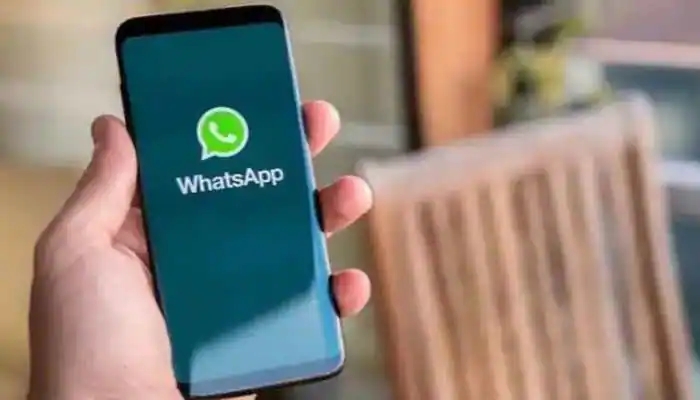The West African Telecommunication Regulators Assembly (WATRA) is planning to set up Computer Emergency Response Teams (CERTs) to address the rising cyber threats in the sub-region.
According to a statement from the Assembly, this was part of the recommendations of the Cybersecurity Working Group of WATRA which convened its first face-to-face meeting in Banjul, The Gambia.
The Executive Secretary of WATRA, Mr. Aliyu Aboki, in the statement, noted that the meeting was designed to enhance collaboration among member states and share strategies for managing cybersecurity challenges and digital transformation.
The meeting, he said, highlighted a collective regional response to the growing dangers posed by cyberattacks, particularly in sectors such as online banking and business communications.
Worrying state of Africa’s cybersecurity landscape
The major highlight of the meeting was a presentation by Ghana’s National Communications Authority (NCA) that referenced Interpol’s October 2021 Cyber Threat Assessment Report, which painted a sobering picture of Africa’s cybersecurity landscape.
- The report detailed a 238% spike in cyberattacks on online banking platforms in 2020 and noted that 60% of the world’s Business Email Compromise (BEC) actors are based in Africa, with Nigeria being a hotspot.
- Further, the average ransomware payout in Africa surged to over $300,000 in 2021, according to the report.
“The discussions underscored the urgent need for stronger regional collaboration, harmonized cybersecurity laws, and increased infrastructure investments to combat threats such as ransomware, SIM swap fraud, and online scams.
“With a growing number of organizations in the region reporting cyber incidents, WATRA aims to develop security testing guidelines for mobile devices and the Internet of Things (IoT), ensuring that equipment meets security standards and is free from vulnerabilities,” Aboki stated.
ITU’s intervention
The statement further disclosed that the International Telecommunication Union (ITU) complemented the cybersecurity discussions by presenting crucial initiatives to strengthen the security of Digital Financial Services (DFS) in Africa, which highlighted ongoing efforts such as DFS Security Clinics for knowledge sharing and the establishment of DFS Security Labs in countries like Tanzania, Uganda, and Peru.
- ITU’s guidance includes conducting audits on mobile payment apps and SIM cards in multiple countries and fostering collaboration through a knowledge-sharing platform for DFS security.
- Additionally, the ITU introduced its Cyber Security Resilience Assessment Toolkit to help regulators and operators safeguard critical DFS infrastructure.
- Key recommendations from the ITU included mitigating vulnerabilities in the SS7 mobile communication network, developing a Model Memorandum of Understanding between telecommunications regulators and central banks, and securing mobile payment apps and SIM card systems against risks like SIM swap fraud.
What you should know
WATRA was established in 2002 as a result of the need for a common platform for the telecommunications and ICT regulators in the West African region to exchange information, share best practices, and coordinate their actions.
- The organization plays an important role in harmonizing the regulatory framework and policies for telecommunications and ICT in the region.
- WATRA develops and implements the West African Common Regulatory Framework for Telecommunications and ICT, which provides guidelines and principles for the regulation of the sector in the region.
- WATRA also coordinates and harmonizes the national policies and regulations of the member states to ensure consistency and compatibility in the region.






















